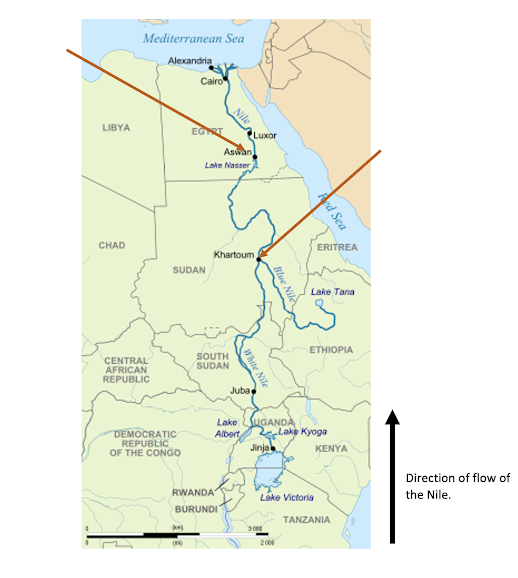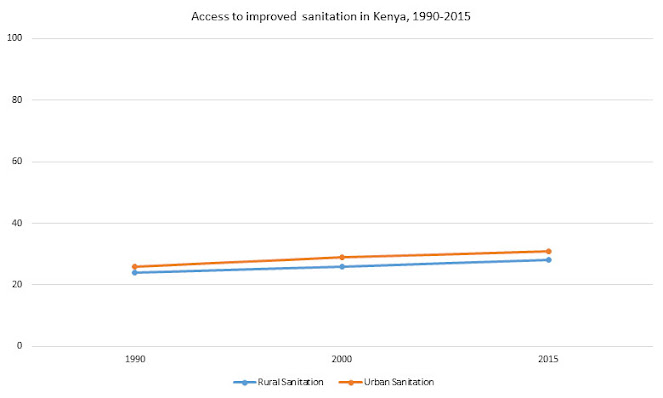The Transboundary Effects of Water

Figure 1. Source: Wikipedia [adapted]. The Aswan High Dam (in Aswan) Since the planning of the dam in 1952, and its completed construction in 1970, the dam has been the topic of much technical, political and social debate. The dam, costing $1 billion , was constructed with the intention of providing the long term storage of water to meet agricultural demands, generating electricity, guaranteeing water supply and protecting Egyptian land from floods . Yet, if we analyse the construction of the dam beyond its immediate benefits to Egypt, we can start to uncover the socio-economic repercussions of such an infrastructural project. A notable consequence of the construction of the dam was a loss in the fishing industry. Sardinella (sardine) catches fell by 80% between 1960 and 1970 , impacting fish stocks in both the Mediterranean and the Red Sea. One research team found a decrease, after 1966, in the relative abundance of almost all s...

